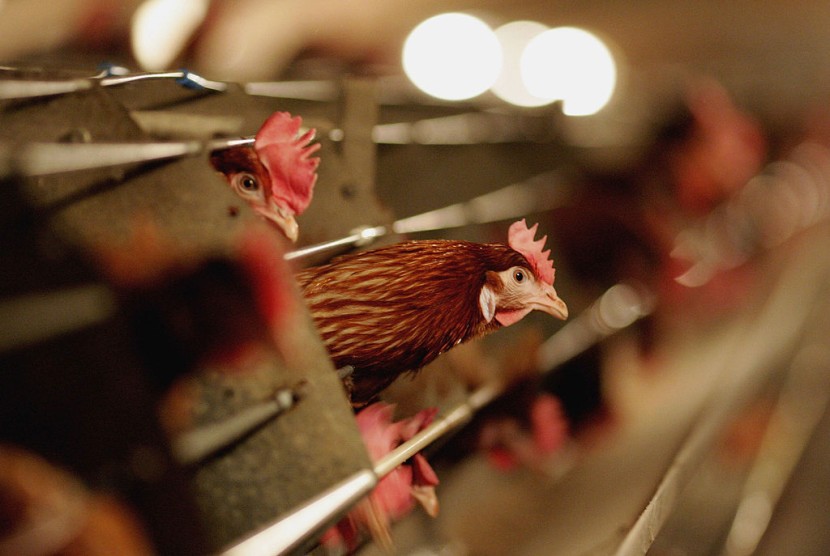A dog died after testing positive for bird flu, also known as the avian flu or H5N1, the Canadian Food Inspection Agency or CFIA has confirmed.
Despite that, the agency assures that the documented cases of infection in cats and dogs remain relatively low.
Bird Flu-Positive Dog Dies
According to a news story by CBC Canada, a dog in Oshawa, Ontario, tested positive for the bird flu. And later on, the furry mammal died last week.
The CFIA says the canine died after showing "clinical signs" amid the avian flu infection. The agency further notes that the case was confirmed last April 1.
In a statement, the agency points out that the recent death of an avian flu-positive dog is "the only case of its kind in Canada." In fact, CFIA disclosed in its press release that the risk to the general public is still low. So if this case is the first in the Canadian nation, what has led to this?
The Food Inspection Agency reports that the dog chewed a wild goose before testing positive for H5N1. After which, due to complications in the respiratory system, the canine died, and a necropsy on April 3 was confirmed, as per Global News Canada.
With that, the manager at Mississauga Animal Services, Jay Smith, reminds everyone of how contagious the bird flu is. Smith notes, "The avian flu is a contagious viral disease that is fatal to wild birds and mammals."
He warned that "it can quickly devastate bird and wildlife populations, which can profoundly impact our environment and food chain."
Read Also : 'Tripledemic' in US Causes Medicine Shortage

How to Prevent Bird Flu Infection for Humans?
While the CFIA assures the public that "the risk of a human contracting avian influenza from a domestic pet is minor," here are some steps to prevent infection. After all, an old saying tells us that "prevention is better than cure."
The Centers for Disease Control and Prevention (CDC) reminds everyone to "minimize contact with wild birds or sick or dead poultry."
If you ever need to come in contact with them, washing your hands with soap and water and wearing gloves should help prevent infection.
Above and beyond that, wearing respiratory protection, such as masks, should also do the job. The best option is an N95 respirator. But when it is unavailable, as simple as a well-fitting face mask may be used.
Related Article : H5N1 Human Cases: 11-Year-Old Girl in Cambodia Dies Due to Bird Flu
@YouTube
© 2026 HNGN, All rights reserved. Do not reproduce without permission.








